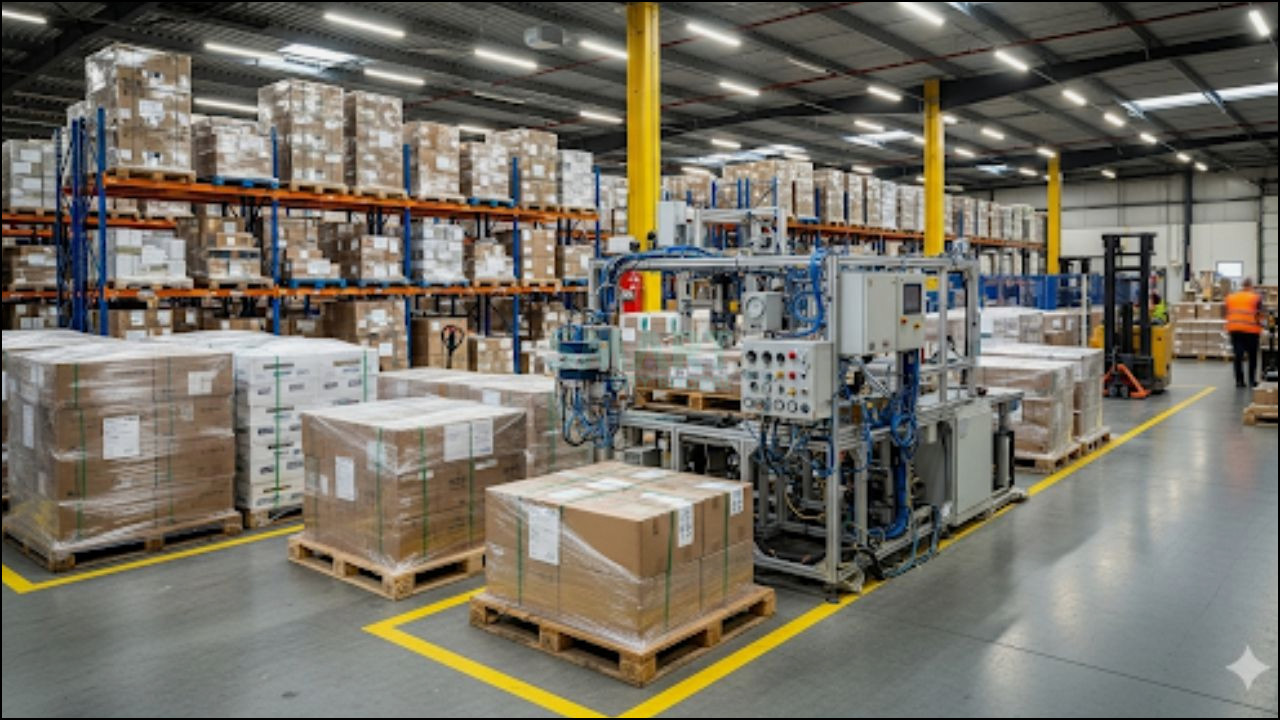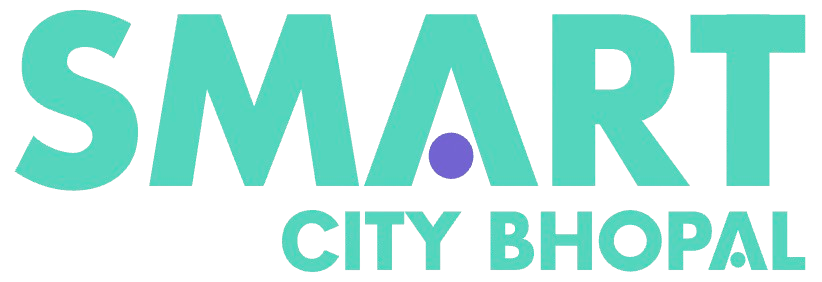Global Knowledge Exchange – In the modern era, knowledge is no longer confined to classrooms, libraries, or physical boundaries. Digital platforms are transforming the way information is shared, learned, and applied worldwide. From online courses and virtual libraries to collaborative tools and social learning networks, these platforms enable individuals, researchers, and organizations to access global knowledge anytime and anywhere. The ability to connect people across continents fosters innovation, accelerates learning, and democratizes access to information that was once limited to select institutions.
The Rise of Digital Knowledge Platforms
Digital knowledge platforms have grown exponentially in the past decade. (https://deuisgr23.org/)Platforms like Coursera, edX, Khan Academy, and LinkedIn Learning offer a wide range of courses in technology, science, arts, and professional development. Academic journals, research repositories, and open-access databases allow researchers to share findings and collaborate globally. These platforms break down geographical barriers, allowing students from remote regions to learn from world-class instructors and access high-quality resources. The rise of cloud computing, AI-driven recommendations, and interactive tools has made these platforms more engaging, adaptive, and personalized for users of all ages.
Connecting Professionals Across Borders
One of the most impactful aspects of digital knowledge platforms is their ability to connect professionals worldwide. Online communities, discussion forums, and collaborative software like Slack, Microsoft Teams, and Notion allow experts from different countries to work together in real-time. This cross-border collaboration enhances problem-solving capabilities, encourages innovation, and accelerates project completion. Businesses and research institutions can tap into a diverse talent pool, share best practices, and develop solutions that reflect global perspectives, thereby improving outcomes and fostering cultural understanding.
Facilitating Lifelong Learning
Digital platforms are instrumental in promoting lifelong learning. Unlike traditional education, which often ends with graduation, online platforms encourage continuous skill enhancement, upskilling, and reskilling. Professionals can acquire new competencies, gain certifications, or explore interdisciplinary knowledge at their own pace. Platforms offering microlearning modules, webinars, and virtual workshops make learning flexible and accessible. This continuous engagement with global knowledge ensures that learners stay updated with emerging trends, technological advancements, and research breakthroughs, ultimately enhancing career growth and personal development.
Knowledge Democratization and Inclusivity
Perhaps the most transformative impact of digital platforms is knowledge democratization. Open-access repositories, MOOCs (Massive Open Online Courses), and freely available research papers provide equitable access to high-quality information, regardless of socio-economic background. Students in developing regions can access the same resources as peers in advanced nations, narrowing educational gaps and promoting inclusivity. Additionally, multilingual interfaces, captioned content, and adaptive learning tools ensure that diverse learners can fully participate, making global knowledge truly universal and accessible.
Driving Innovation and Research
Global knowledge exchange fuels innovation and scientific progress. Collaborative platforms enable researchers to share datasets, methodologies, and findings instantly, accelerating discoveries in healthcare, technology, environmental science, and social development. By leveraging collective intelligence, scientists and professionals can identify solutions faster, replicate experiments efficiently, and avoid duplication of efforts. Startups and enterprises also benefit from open knowledge networks, gaining insights into market trends, consumer behavior, and technological innovations that drive product development and competitiveness.









